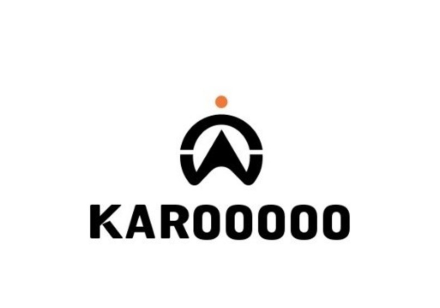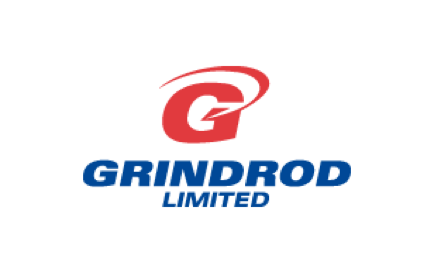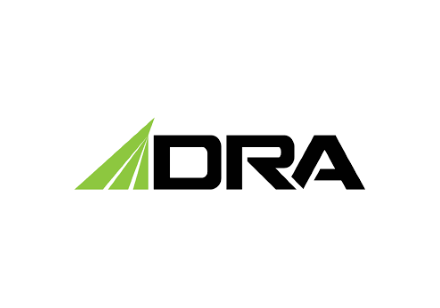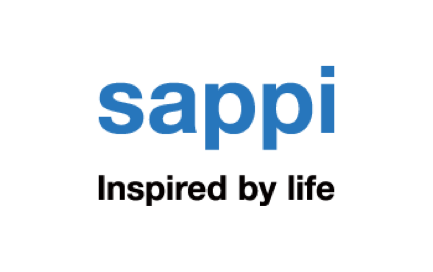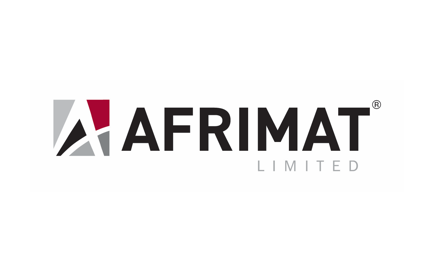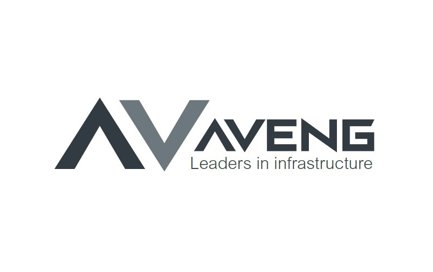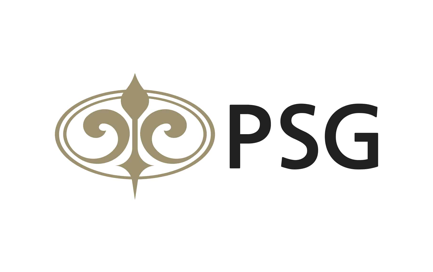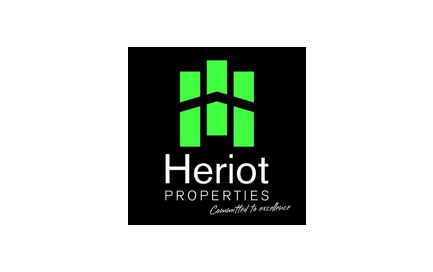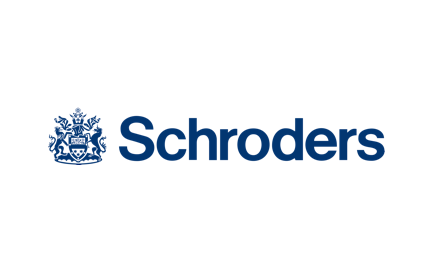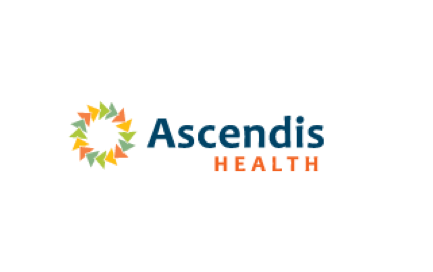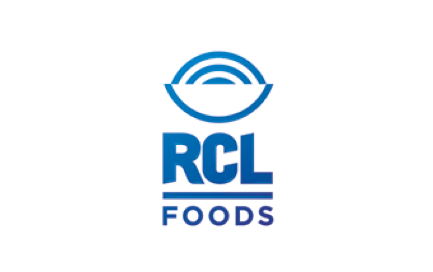If you enjoy Ghost Bites, then make sure you’re on the mailing list for a daily dose of market insights in Ghost Mail. It’s free! SIGN UP >>>
Afrimat sees a drop in profitability
Although diversified, Afrimat hasn’t escaped the commodity pressures
Afrimat released a trading statement for the six months ended August 2022. Headline earnings per share (HEPS) is expected to be between 236.1 cents and 265.6 cents, a decrease of between 10% and 20% vs. the comparable period.
An increase in volumes helped soften some of the pain from iron price decreases and higher production costs. The force majeure declaration from Transnet won’t help here, with an impact on logistics for the iron ore mines.
The balance sheet remains very strong (the company is debt free) and Afrimat’s strategy of building a diversified group is ongoing.
The share price is down 21% this year.
Aveng looks increasingly interesting
Australian subsidiary McConnell Dowell is winning a lot more work
After agreeing to sell Trident Steel for a price that was much higher than many expected, Aveng has released more good news in the form of a 39% increase in McConnell Dowell’s work in hand to A$3.5 billion.
52% of the work is in Design and Construct, 34% is in Alliance and 14% is in Construct only, in case you were curious.
As any investor in the construction industry will tell you, there’s a big difference between new work and profitable new work. To help mitigate the risks of inflation, the contracts have escalation clauses and other terms to manage risk. Of course, we will only know for sure whether it works once profits on these contracts are reported in periods to come.
Grindrod jumps 6.5% after a trading update
There was a “strong performance” in the nine months to September (whatever that means)
Although we don’t know what percentage earnings grew by, the market took kindly to the wording used by Grindrod in this trading update. I suspect that the real driver of the jump was the detail given on the core underlying business units.
For example, Maputo Port volumes were 23% higher thanks to the additional slab and berthing capacity. The Grindrod drybulk terminals achieved a 47% increase in volumes, with profit participation on coal cargo. At Matola, the damaged berth infrastructure has been repaired and there are feasibility studies underway to expand the terminal from 7.3 million tonnes per annum to 12 million tonnes.
On the logistics side, the coastal shipping and container depot businesses enjoyed strong charter rates on leased and subleased vessels. The locomotive deployment rate improved from 32% to 63%. Graphite operations in Northern Mozambique seem to have done well at the port of Pemba. Finally, the clearing and forwarding business was supported by favourable freight rates.
The disposal of Grindrod Bank is effective on 1 November.
Overall, it’s clear that the underlying operations are still doing very well in this economic environment. Grindrod’s share price is up a whopping 89% this year!
Karooooo releases solid second quarter numbers
Profitability seems to (mostly) be on the right track again
Long-standing followers will know that I was a big fan of Cartrack just before the transaction to take the listing offshore and rename the company in such a way that vowels exceed consonants by some margin.
Speaking of margin, there hasn’t been as much of it at Karooooo as I would like. Covid put a real spanner in the works in Southeast Asia where the company tried to expand. After incurring significant expansion costs, it’s taken a while for revenue growth to come through.
The company has now released its results for the second quarter ended August 2022. There are just over 1.6 million Cartrack subscribers, up 14% year-on-year. Net additions in the quarter of 57,251 compare favourably to the 42,139 subscribers added in the comparable quarter last year.
The company notes that there is “traction” in Southeast Asia. We need to see more than just traction to justify the share price.
Looking at the financials, revenue was up 30% and subscription revenue was 17% higher. The group has changed over the past year, as there are now other business lines that aren’t recurring in nature. The largest non-recurring business is Carzuka, which I see as a blemish on the group strategy.
Cartrack EBITDA margin has recovered to 51%, up from 46% in the second quarter last year. That’s a LOT more like it. Sadly, Carzuka has lost R6.2 million in this quarter off revenue of R65 million. With a gross profit margin of just 10%, it remains beyond me why Karooooo is wasting time on that business. Karooooo Logistics (the renamed Picup business) is at least washing its own face, with a modest profit of R514,000 off revenue of R41.4 million.
Earnings per share increased by 28% and cash generated from operating activities jumped by a substantial 42%, which is good news for investors.
There was a net cash balance of R1 billion at the end of August. With free cash flow generation looking stronger, I hope to see distributions to shareholders. I fear that there will be investment in the likes of Carzuka instead.
RCL Foods wants to unwind its B-BBEE deal
This is a classic example of a structure that is “underwater”
Here’s the recipe for the average B-BBEE deal in the market:
- A target is set for Black Ownership and Black Women Ownership (and other sub-sections of the code like broad-based etc.)
- A shareholder register analysis is conducted to figure out how empowered the company already is
- The % ownership for the deal is established on this basis e.g. the B-BBEE partner may only need to take a 10% stake in the company to achieve maximum points or the desirable number of points
- The company decides to do the deal at listed level (using listed shares) or at subsidiary level (only the South African operations)
- A funding structure is designed, either using bank funding or a notional loan / preference share from the company
- Everyone hopes and prays that the share price grows enough and pays sufficient dividends to service the debt, thereby leaving behind some equity at the end of the structure
- Bankers celebrate, lawyers buy new cars and the ESG section of the report has new content
Sadly, the economics rarely work out as well as planned. There are numerous reasons for this. The most obvious one is that if a dividend yield on a listed share is only 3% and the deal is funded using debt or preference shares at a cost of funding of say 7%, then clearly the structure actually goes backwards in value unless the shares grow in value by at least inflation.
If the deal is done at the wrong time or if the company doesn’t perform as hoped, the structure is “underwater” because the value of the debt or preference shares exceeds the value of the shares.
So, with that out the way, it should now make more sense to you that RCL Foods needs to unwind its B-BBEE deal (which was for employees and strategic partners) because the share price has fallen sharply since the deal was implemented in 2013.
Assuming shareholders give the green light, RCL will repurchase the shares held in the structure for a total price of nearly R230 million. When the shares were issued, the value was over R345 million. This deal isn’t just underwater – it’s at the bottom of the ocean! the proceeds will be used to repay as much of the preference shares as possible, with the outstanding balance being waived by RCL.
The big question is: what is the cost to RCL?
Well, RCL effectively loaned money to third parties to subscribe for shares in the company when the price was much higher (R17.32 per share). The share price has fallen to a 30-day VWAP of R11.49 and RCL is now buying back those shares.
The trick is that the original issuance was a subscription for new shares rather than a purchase on the market, so cash left RCL and came straight back. After the buyback, cash once again leaves and comes back. All else being equal, there’s the same number of shares in issue today as there were before the original deal was done. It’s also possible that such deals are implemented without any cash actually flowing i.e. via accounting entries and legal set-off.
Unless I’m missing something, the only cost to RCL is the tax leakage and the money spent on advisors and other costs. This is because the deal was funded by a vendor loan rather than a bank loan. There’s also the reputational risk of a failed deal and the disgruntled employees who aren’t receiving anything under the structure. I’ll be interested to read the full circular when that gets released.
If you have a different view on the economics of this deal from the perspective of RCL, let me know!
Little Bites
- PSG Konsult released interim results for the six months ended August 2022. Total assets under management increased by 7% and gross written premium was 8% higher. Recurring HEPS only increased by 2% excluding intangible asset amortisation, with the insurance business impacted by the floods in KZN and the asset management side affected by lower securities prices (on which fees are based). PSG Wealth carried the can here, with recurring headline earnings up 13%. The dividend per share is 10% higher. Return of equity of 19.8% is well above the cost of capital.
- Schroder European REIT has had its property portfolio revalued as at 30 September. The direct portfolio was independently valued at €218.7 million, an increase of just 0.1% in the quarter. The entire portfolio has leases that are subject to indexation, so rising inflation is contributing to rental growth that should mitigate declines in value.
- Almost all the Ascendis shareholders unsurprisingly prefer to have more money rather than less, with just 0.63% of shareholders voting in favour of the deal to sell Ascendis Pharma to the Pharma-Q / Imperial Pharma consortium. 99.56% voted in favour of selling to Austell Pharma, which really isn’t surprising considering the offer by Austell was much higher.
- If you’ve been waiting patiently for Heriot REIT to distribute the circular for the Safari Investments offer, your wait is now over. Heriot is making a cash offer of R5.60 per share and the circular is finally available.
- Sappi recently announced a tender offer process for its 3.125% Senior Notes due 2026. Simply, that means that Sappi is reducing its debt by offering to buy back its notes. Sappi will repurchase €209.6 million notes on a purchase yield of 5.544%, which means a purchase price that is 92.410% of face value. If you buy fixed income instruments and interest rates then go up, you end up losing capital. After the repurchase, €240.4 million worth of notes are outstanding.
- James Smith (interim CEO of DRA Global) has now been appointed as the permanent CEO.



